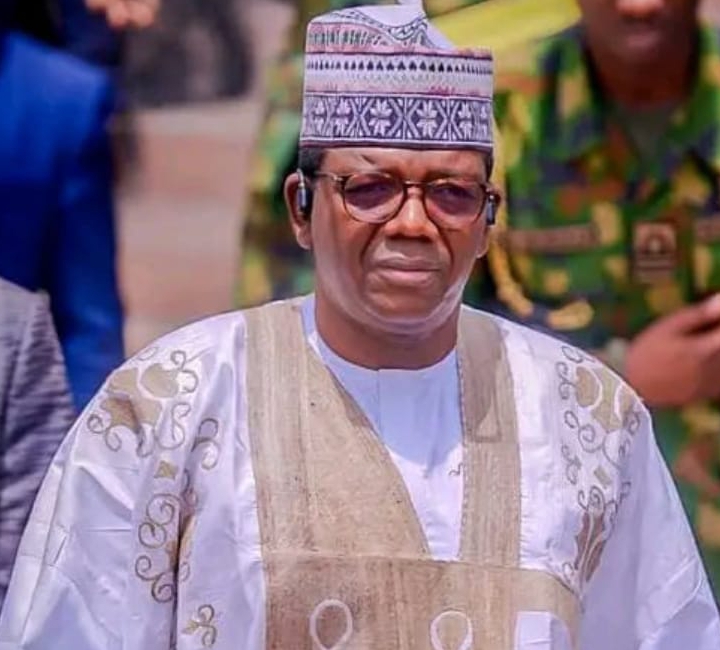Northern Youths Concerns Citizens (NYCC)has praised the significant improvements in security along the Abuja-Kaduna road, attributing the progress to the efforts of the Minister of State for Defence, Dr. Bello Matawalle.
In a statement issued on Friday,the group’s chairman ,Mudasir Hamza Zaria, described the transformation as a reflection of Matawalle’s commitment to ensuring the safety and well-being of citizens.
“For years, the Abuja-Kaduna road was synonymous with insecurity, a corridor dreaded by travelers due to rampant banditry. It was considered a ‘dead zone’ during the previous administration. However, the narrative has changed significantly since the appointment of Dr. Matawalle,”Zaria said.
He noted that residents and commuters have expressed relief and satisfaction with the improved security measures, lauding Matawalle for adopting a proactive and purpose-driven approach within the Ministry of Defence.
“By traveling across regions and engaging directly with security personnel, the Minister has ensured the implementation of robust strategies to curb insecurity,” Zaria added.
The coalition emphasized that the enhanced security environment has broader implications for economic growth, noting that safety is crucial for attracting domestic and international investors.
“We extend our heartfelt gratitude to President Bola Ahmed Tinubu for his wisdom in appointing Dr. Matawalle to this critical role. His leadership has fostered an enabling environment that is rebuilding confidence among investors,” the statement read.
While acknowledging that challenges remain, the group highlighted the undeniable successes recorded under Matawalle’s stewardship, calling on Nigerians to continue supporting leaders and security agencies in their efforts to ensure lasting peace and prosperity.





